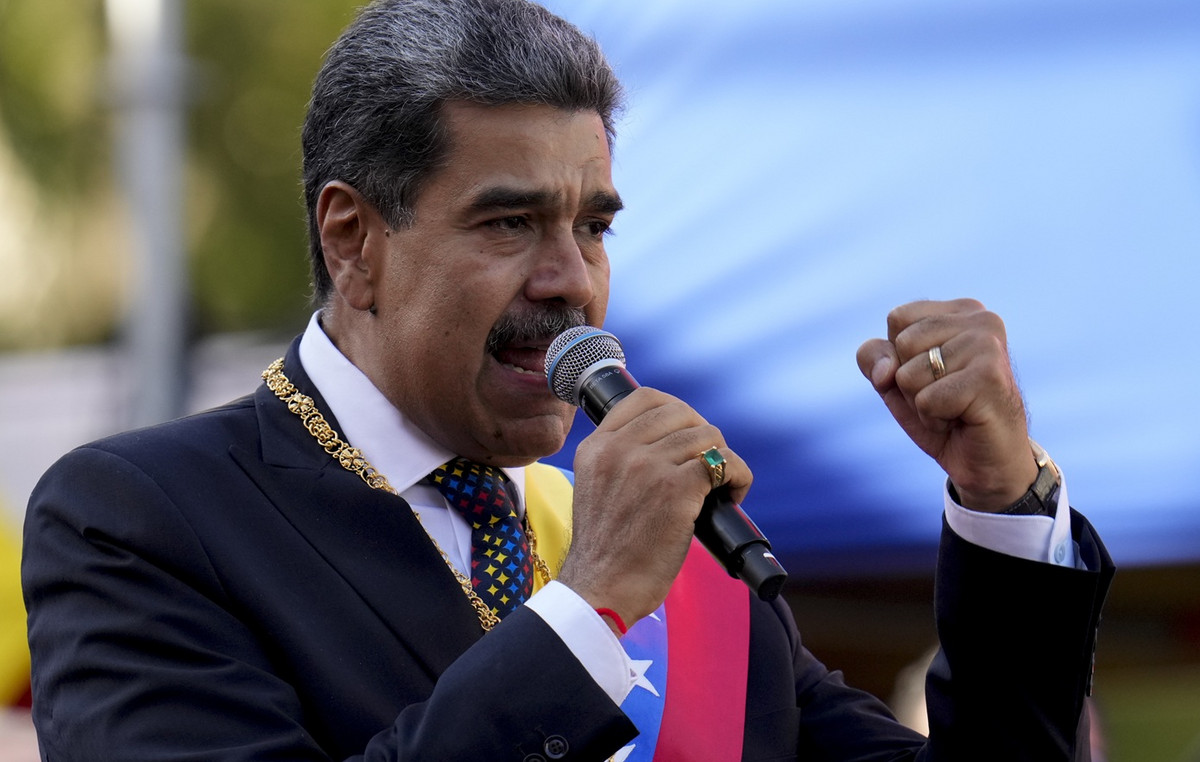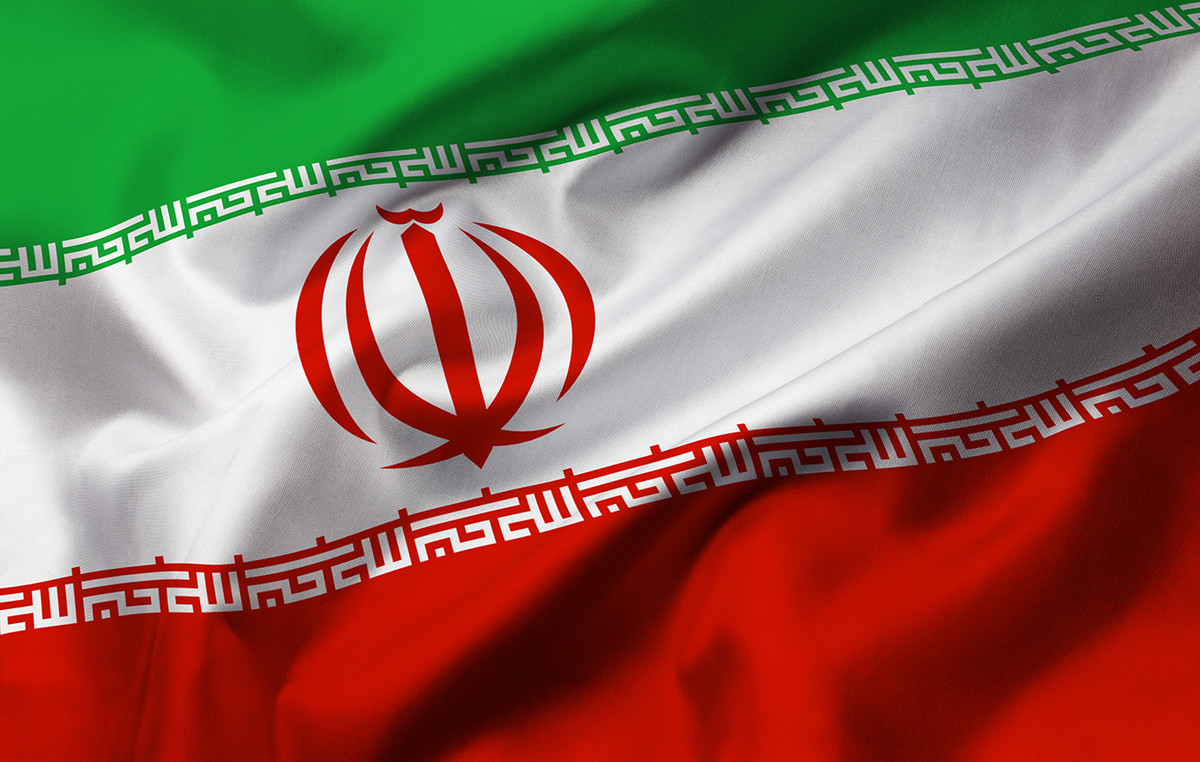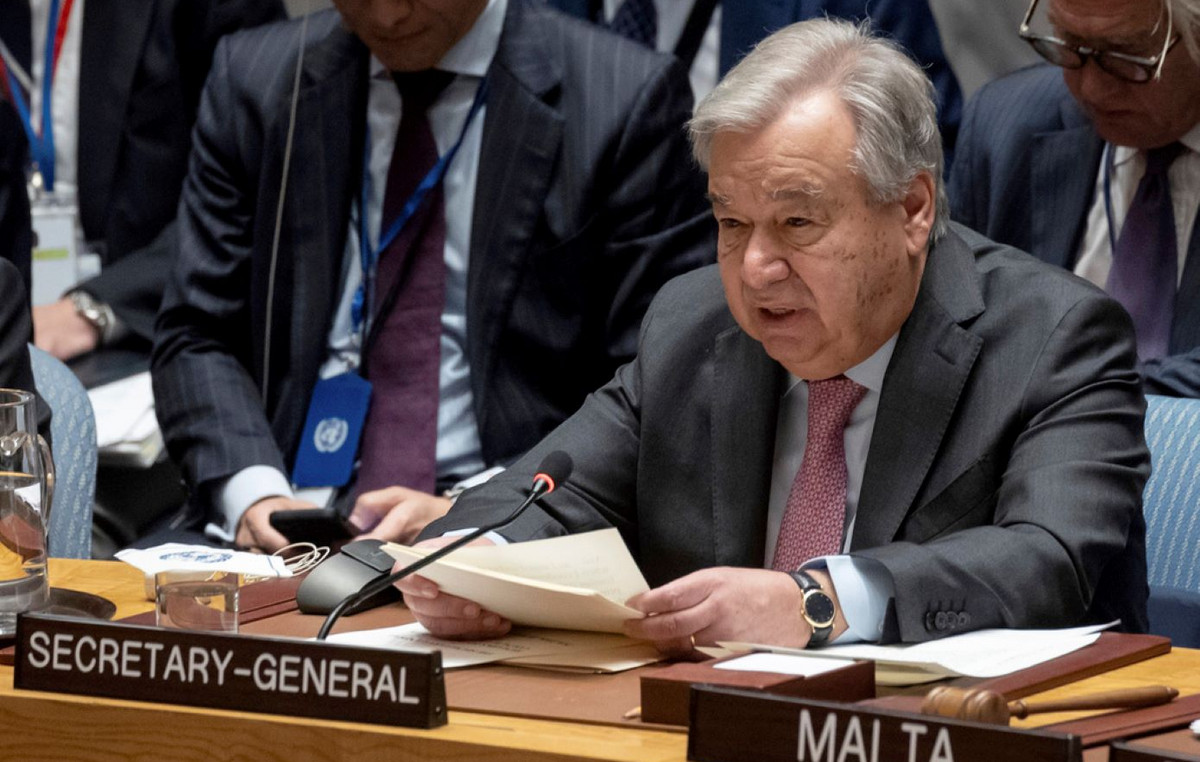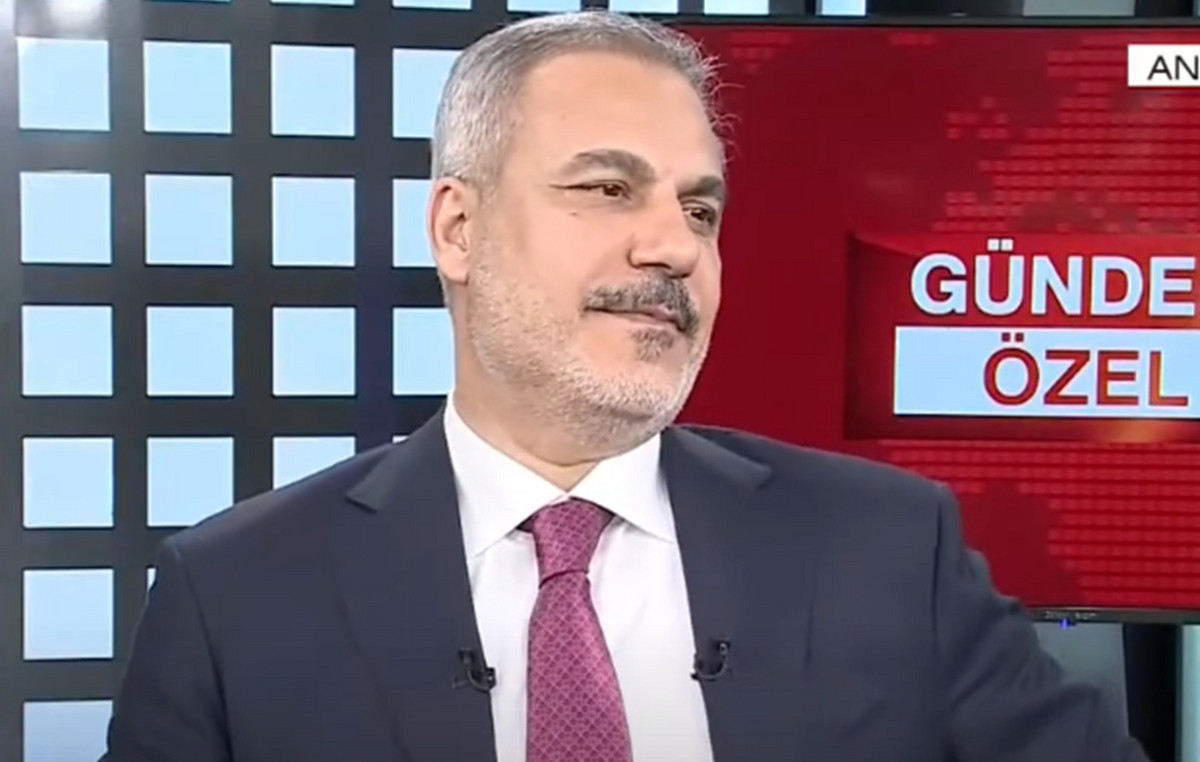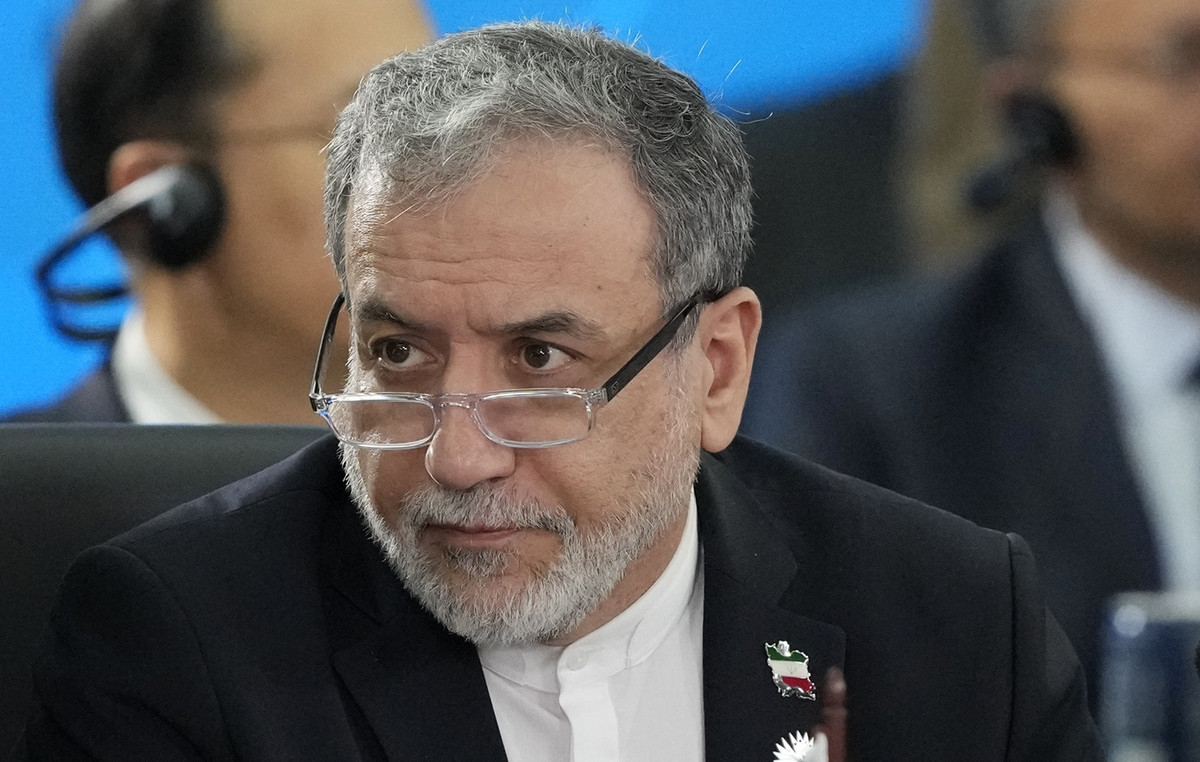Trump’s high-ranking authorities, including US Vice President JD Vance, and Defense Secretary Pete Hegseth, misleading a journalist in a group of messages discussing attacks against Yemen Houthis, according to a report in The Atlantic magazine.
The Trump government acknowledged that the messages, sent by the non -governmental signing encrypted application, seem to be authentic, without providing any explanation of why high employees were discussing national defense information outside the approved confidential government systems.
In conversations released by The Atlantic report, Mike Waltz, a national security counselor, uses three emojis, a punch symbol, the American flag and a fire in a message – a widely informal linguistic brand.
The case repercussions due to the group’s discussion: the authorities were congratulated by approving and conducting successful military attacks to the Houthi group in Yemen.

Vance is also quoted in the texts expressing concern about the attacks being a “error” and uncertainty that Trump was aware of how the Housthi rebels would be inconsistent with messages about Europe.
“I’m not sure if the president is aware of how inconsistent this is with his message about Europe now. There is an additional risk of seeing a moderate to severe peak in oil prices. I am willing to support the team’s consensus and keep those concerns for me. But there is a strong argument for postponing it for a month, doing the message work on why it matters, seeing where the economy is, etc.” The Atlantic.
Trump government officials responded to this element of the report – but there was no suggestion that the use of signal for this purpose raised national security concerns.
In a statement to CNN William Martin, the vice-president’s director of communications, said: “The vice president’s first priority is always to ensure that the president’s advisers adequately inform him about the substance of his internal deliberations.”
“The vice president Vance unequivocally supports the foreign policy of this administration. The president and the vice president have had subsequent conversations on this matter and are in total agreement,” he added.

National Intelligence Director, Tulsi Gabbard, and CIA director John Ratcliffe-both present in the chat-stated in testimony before the Senate Intelligence Committee on Tuesday (25) that no confidential material was shared in the group chat at Signal, an encrypted business application application.
But Democratic senators expressed skepticism, noting that journalist Jeffrey Goldberg, Atlantic’s chief editor, reported that Defense Secretary Pete Hegseth published operational details about the Iran-aligned Yamen Houthis, “including target information, weapons that the US would be employed and sequence of attacks.”
The revelation made on Monday caused indignation and disbelief among national security experts and led President Donald Trump’s republican colleagues-asking for an investigation of what they called a major security violation.
“I am of the opinion that there should be layoffs, starting with the National Security Counselor and the Secretary of Defense,” said Democratic Senator Ron Wyden of Oregon at the hearing.
Trump, however, expressed support for his national security team when asked about the incident at an event at the White House on Tuesday with Michael Waltz, his national security counselor who, by mistake, added Goldberg to the discussion discussion.
Trump stated that the government would investigate the use of signal, but said that Waltz should not apologize for the case.

Understand the case
According to Atlantic, National Security Counselor Mike Waltz summoned a conversation by text with high US employees, including Vice President JD Vance, Secretary of Defense Pete Hegseth and Secretary of State Marco Rubio, to discuss attacks on the Housei group in Yemen who were threatening international navigation in the Red Sea.
Waltz, apparently accidentally, added Atlantic Jeffrey Goldberg’s chief editor to the group.
The messages began with a discussion about when the action should be released, while Goldberg accompanied.
The attacks were carried out and the authorities congratulated themselves for work well done during a brief discussion after the offensive before Goldberg withdrawn from the group.
Hegseth-who, according to The Atlantic, sent “operational details of next attacks on Yemen” during the conversation-denied on Monday that war plans were discussed by text message, despite the previous recognition of the Trump administration that messages seemed authentic.
According to a calculation of CNN, According to The Atlantic report, Trump government officials who were in the group about Yemen with journalist included:
- Jd vance : US Vice President
- Michael Waltz : National Security Counselor
- Pete Hegseth: Defense Secretary
- Marco Rubio: Secretary of State
- Tulsi Gabbard : National Intelligence Director
- John Ratcliffe: CIA Director
- Susie Wiles: White House Cabinet Chief
- Steve Witkoff: Special Sent to the Middle East
- Stephen Miller: internal security counselor
- Jeffrey Goldberg: editor-in-chief of The Atlantic
With information from Reuters and CNN International.
This content was originally published in US authority uses emojis in conversation about war plans; See at CNN Brazil.
Source: CNN Brasil
Bruce Belcher is a seasoned author with over 5 years of experience in world news. He writes for online news websites and provides in-depth analysis on the world stock market. Bruce is known for his insightful perspectives and commitment to keeping the public informed.

